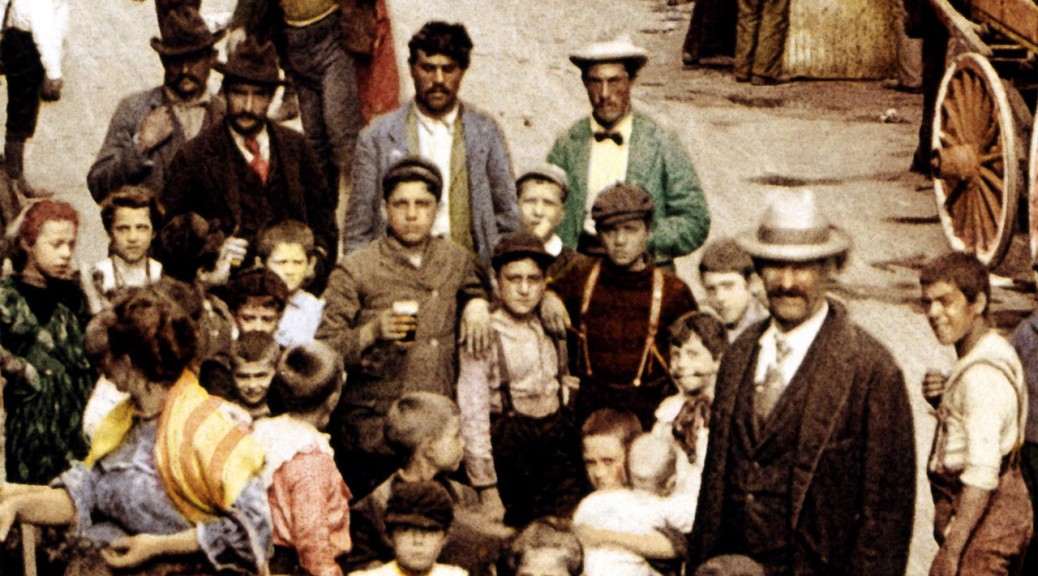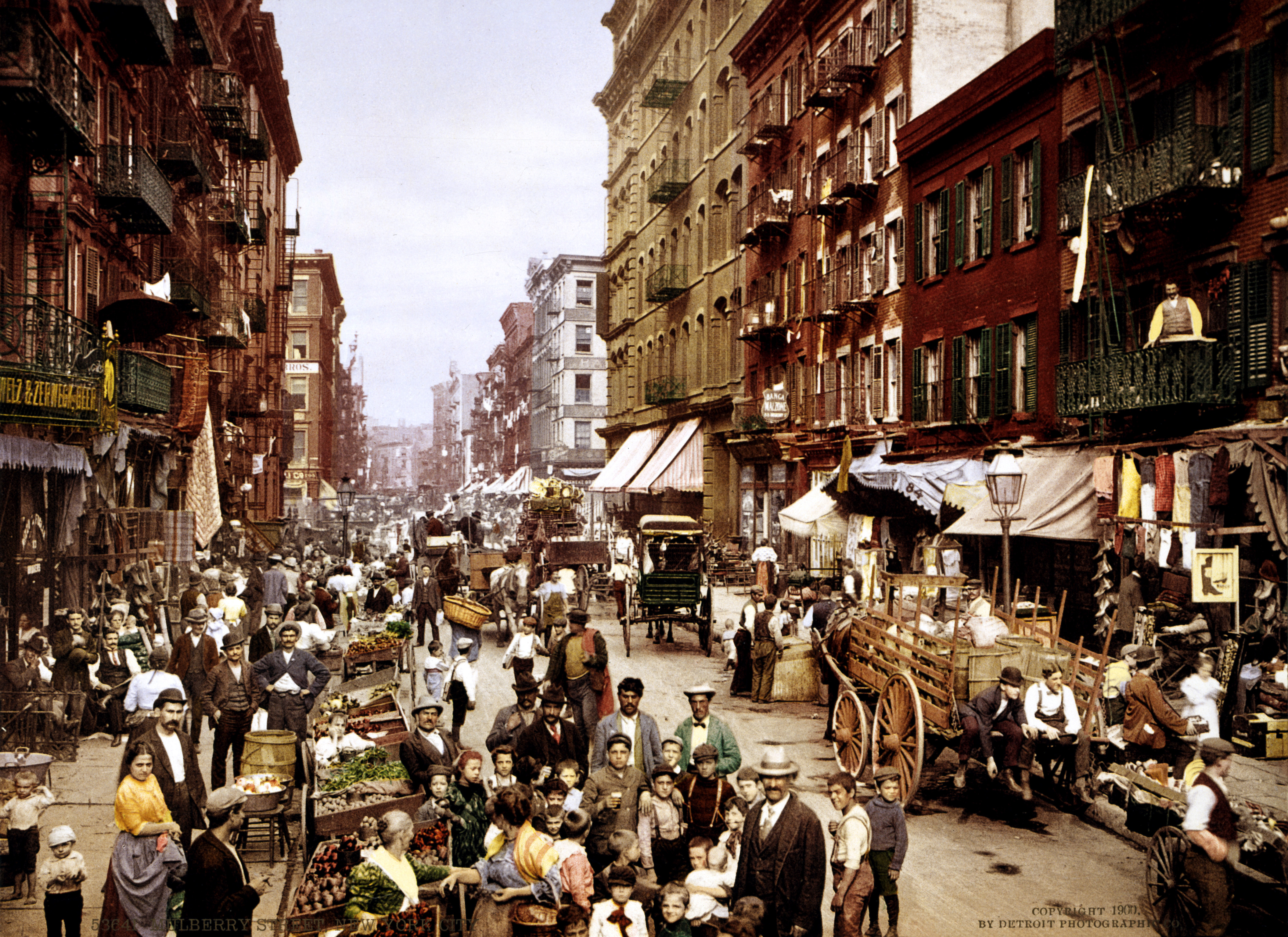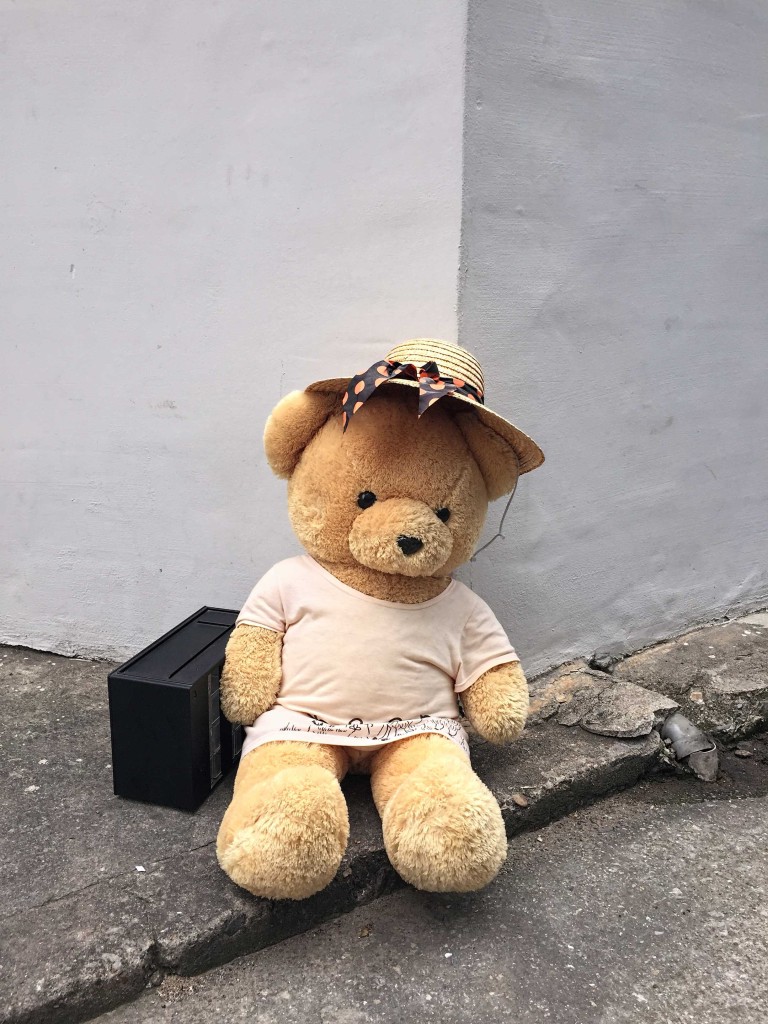Category Archives: bitacora
Protected: tuesday – reading the savage mind

Silence
NY Times The Passion of Martin Scorsese article
To watch Silence (2016):
To read: Silence by Shūsaku Endō (1966)
“As the hours passed, the room, already dark, seemed to diminish around us, until it resembled a screening room, or a chapel, a place where questions of how to live are posed through stories and images.”
“The Italian-American Catholicism of the area was centered on street processions devoted to saints brought over from the old country: San Gandolfo for the Sicilians on Elizabeth Street, San Gennaro for the Neapolitans on Mulberry Street.”
To read: Don DeLillo
“As the hours passed, the room, already dark, seemed to diminish around us, until it resembled a screening room, or a chapel, a place where questions of how to live are posed through stories and images.”
“The Italian-American Catholicism of the area was centered on street processions devoted to saints brought over from the old country: San Gandolfo for the Sicilians on Elizabeth Street, San Gennaro for the Neapolitans on Mulberry Street.”
“Spiritual Exercises” of St. Ignatius of Loyola (founder of the Jesuits)
“The exercises, devised in the 1520s, invite the “exercitant” to use his imagination to place himself in the company of Jesus, at the foot of the cross, among tormented souls in hell.”
To read: Spiritual Exercises of Ignatius of Loyola (1522–1524)
Jesuit poet Gerard Manley Hopkins
To watch again The Mission (1986) Roland Joffé
“A.O. Scott, now a chief film critic for The New York Times, once wrote that Scorsese approaches filmmaking as “a priestly avocation, a set of spiritual exercises embedded in technical problems.””
To watch Boxcar Bertha (1972), After Hours (1985), The Color of Money (1986)
To read: The Last Temptation of Christ (1955) by Nikos Kazantzakis
To watch again The Last Temptation of Christ (1988)
“Like the novel, the picture interrogates the very idea of Christian martyrdom, by proposing that there are instances when martyrdom — the believer holding fast to Christ to the bitter end — is not holy or even right. It makes in the way of art the arguments made in defense of “Last Temptation”: that an act can’t be fully understood if the intentions behind it aren’t taken into account, and that a seeming act of profanation can be an act of devotion if done out of an underlying faith.”
“He will go to hell — but he will go to hell for their sake.”
To watch: La Strada (1954) Federico Fellini
•
bitacora. dic. 1
I wake up. Tiny claws scratching the wooden floor. A tongue lapping at the water. The dogs are ready to eat. Boil the water. Soften the food. I put Yolo in the pen. He demands to be set free. Chocolino come here. Treat time. Choco sit, down, beg, spiiiiiin, down, gidaria, eat. Repeat five times. Then his plate. Down. Gidaria. Eat. He wolfs it down.
Out the door. Elevator from the 5th floor to the first. The morning sun is bright. The city has already had a few hours to get started. I wait for 155.
The 155 is almost empty. I sit at the back on one of the single seats, and continue reading The Sound and The Fury. The 155 travels east. We cross the Suyeong at Millak. I look down at the water and try to come up something pretty. Nothing comes up. Just water moving toward more water. In India it would be spiritual. People get off at Centum. We turn north. I read. We turn at Jaesong and climb up toward Jangsan mountain. I hear the bus shift gears. People get off and on. A blue and white bus with red numbers driving up a city built on a mountain slope on a sunny morning in Korea. The market at Banyeo samdong, people with grocery bags, people reading their phones. We descend into Banyeo ildong. The view opens and a large slice of city appears framed by pine forests at each side, rows of tall monolithic white buildings beyond the basin of the Suyeong. The spine of the Geumjeongsan still green. The mountain disappears behind older and smaller houses. We enter Banyeon ildong. Narrow streets. A blue work truck parked at a tight corner. Honking. I read. We turn. The bus gathers speed. I hear the bus shift gears. We careen down the strip until the overpass. The whiny bell announces a passenger stop. An old lady with curly hair waddles to the backdoor holding the handrails as if enjoying an adventure at a moving jungle gym. I get off at the elementary school. The yellow leaves of the unheng tree strewn on the sidewalk. I think of my dad and how once as a kid I pretended to be a blind boy or an old man, using an imaginary cane to prod my way around the subsuelo hallway of the hotel. My dad frowned and asked me, ¿te haci de ciego o de viejo? I pondered the question. I looked at the corral my dad had been chatting with before he’d decided to test my morals. His friend looked back at me, grinned and waited for my response. I looked at my dad. De viejo, I said. Ah, bien, porque algun dia vai a ser viejo. I buy an ice americano at Amico for 2,500 won. The lady that made it hands it to me and bends the end of my straw so I won’t have to. I sip and exit the coffee shop.

